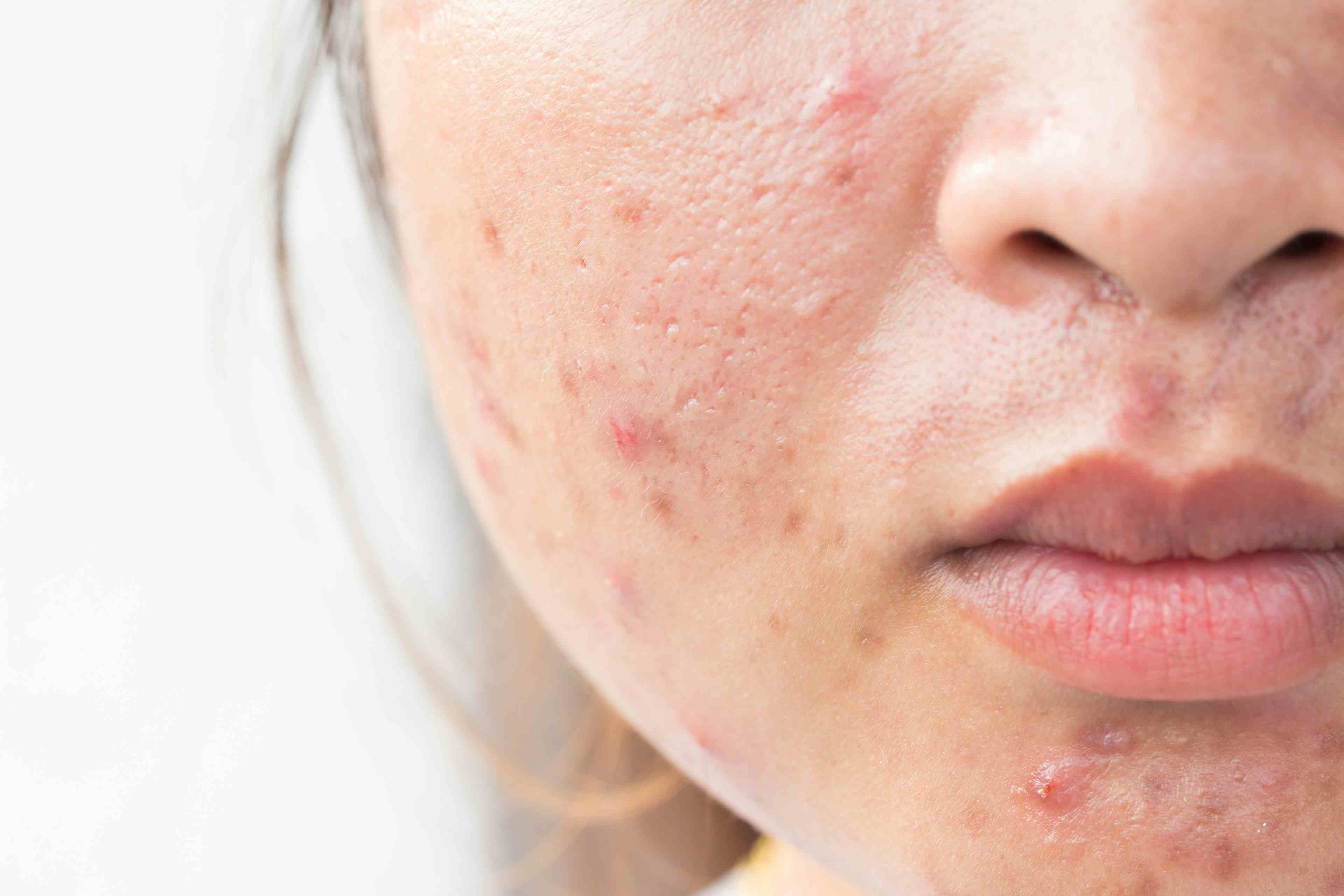- Acne
- Actinic Keratosis
- Aesthetics
- Alopecia
- Atopic Dermatitis
- Buy-and-Bill
- COVID-19
- Case-Based Roundtable
- Chronic Hand Eczema
- Chronic Spontaneous Urticaria
- Drug Watch
- Eczema
- General Dermatology
- Hidradenitis Suppurativa
- Melasma
- NP and PA
- Pediatric Dermatology
- Pigmentary Disorders
- Practice Management
- Precision Medicine and Biologics
- Prurigo Nodularis
- Psoriasis
- Psoriatic Arthritis
- Rare Disease
- Rosacea
- Skin Cancer
- Vitiligo
- Wound Care
News
Article
Dupilumab for Pediatric Patients with Severe AD: A Look at the Data 4 Years After Approval
Author(s):
A look into the effectiveness of dupilumab on patients aged 6-11 with severe AD shows promising results.
Pixel-Shot/AdobeStock

An investigation of the clinical data regarding the safety and efficacy of dupilumab (Dupixent) in children ages 6 to 11 with atopic dermatitis (AD) found the data since its approval support the drug’s use as a continuous long-term treatment in this age group.1
The research, which appeared online in the journal Drug Design, Development and Therapy, was led by Michael J. Cork, BSc, MB, PhD, FRCP, the head of Sheffield Dermatology Research in the School of Medicine & Population Health at the University of Sheffield, UK.
The US Food and Drug Administration (FDA) in 2020 approved dupilumab for use in children aged 6-11 years.2 Dupilumab is a fully human monoclonal antibody that inhibits the signaling of the interleukin (IL)-4 and IL-13 pathways.
Cork et al noted that prior to dupilumab’s approval, “the only approved treatments for children with uncontrolled moderate to severe AD in the USA and EU were topical agents and systemic corticosteroids.” Cyclosporine is approved in several countries for patients with AD aged ≥16 years and used off-label in younger children, they noted.
The FDA’s approval of dupilumab in 2020 for children 6-11 “[ameliorated] the high unmet clinical need in this population of patients,” they wrote.
Cook et al’s review presents data onAD’s prevalence, clinical presentation, disease burden, and treatment challenges, before examining studies and clinical evidence regarding the use of dupilumab in the 6-11 age group.
Drawing on results from Phase 2 and Phase 3 trials, as well as several ongoing phase 4 and observational studies in pediatric populations, the review focuses on the clinical data in children aged 6–11 years with severe AD inadequately controlled by topical medication who are or were enrolled in clinical trials R668-AD-1412 (NCT02407756), LIBERTY AD PEDS (AD-1652; NCT03345914)3, and LIBERTY AD PED-OLE (R668-AD-1434; NCT02612454).
The report concludes that because these studies and clinical evidence have shown rapid, sustained, and long-term improvements in signs and symptoms of AD and patient quality of life with dupilumab—and because dupilumab treatment offers the potential added benefit of treating the high numbers of comorbidities in children aged 6–11 years with AD—the drug offers an effective treatment option for severe AD and is useful as a continuous long-term treatment in this age group.
References
- Cork MJ, Danby SG, Rossi AB, Bansal A. Dupilumab treatment in pediatric patients aged 6–11 years with severe atopic dermatitis whose disease is not adequately controlled: a review. Drug Des Devel Ther. 2024;18:277-289. https://doi.org/10.2147/DDDT.S426947
- Petronelli M. Dupilumab approved by FDA for children with atopic dermatitis. Dermatology Times. May 26, 2020. Accessed February 9, 2024. https://www.dermatologytimes.com/view/dupilumab-approved-fda-children-atopic-dermatitis
- Stocum L. Safety study evaluates dupilumab in pediatric patients with severe AD. Dermatology Times. September 7, 2021. Accessed February 9, 2024. https://www.dermatologytimes.com/view/safety-study-evaluates-dupilumab-in-pediatric-patients-with-severe-ad.
Newsletter
Like what you’re reading? Subscribe to Dermatology Times for weekly updates on therapies, innovations, and real-world practice tips.
















